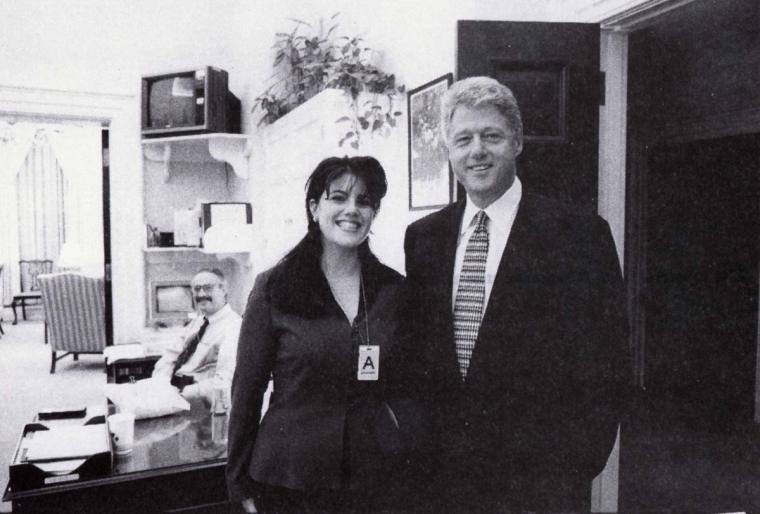Church-going Republican men less likely to cheat than church-going Democratic men

CHARLOTTESVILLE, Va. (Christian Examiner)— Republican men who attend church are less likely to cheat on their spouses than others in their party according to statistical analysis by the Institute for Family Studies. Church attendance, however, did not impact the sexual fidelity of Democratic men, the same study reports.
Overall, male Democrats were more likely than their Republican counterparts to have engaged in extramarital sex.
The analysis of the General Social Survey is reported through a blog post by Bradley Wright. The blog post focused on the intersection of political identification, religion and sexual fidelity.
Finally, I've assumed that religion influences sexual behavior, but the reverse could equally be true. Maybe someone engaged in extramarital sex would be less motivated to be involved in religion.
The General Social Survey is a sociological survey conducted through in-person interviews by National Opinion Research Center at the University of Chicago.
Wright suggested that the intersection of politics and sexual misconduct had been in the news in recent months because of the 2016 U.S. presidential race, where the Republican front-runner (Donald Trump) had admitted to an extramarital affair and the Democratic front-runner (Hillary Clinton) has been forced to deal with questions about her husband's extramarital affairs.
"Donald Trump is not an active member of a church, and so he fits the profile of Republicans who have affairs," Wright said. "Bill Clinton is perhaps more active in his faith, but it hasn't seemed to change his sexual behavior much, as seems to be the case with Democrats."
The blog post also stated that Black Protestants were the religious group where men were more likely to have participated in extramarital sexual relationships (21.9 percent). Jewish men were the least likely to have participated in an extra-marital sexual encounter (13.3 percent). Evangelical (16.7 percent) men were between the two.
Men who attend church weekly were more than 3 percent less likely to cheat on their spouses than those who never attend church. Among weekly churchgoers, nearly 20 percent of Democratic men had engaged in extramarital sexual encounters while only 13.2 percent of Republican men did so. On the other hand, Republican men who never or seldom attend church were 3 percent more likely to cheat than Democratic men who didn't attend church.
Despite the overall appearance that higher religious attendance and conservative politics seem to impact positively sexual fidelity among men, Wright suggests more research is needed before "stronger statements about causality" can be made.
"... It's possible that people reply differently, more or less honestly, to questions about extramarital sex as a function of their politics and/or religion," Wright writes. "Maybe Christians are less likely to admit to doing it, or, conversely, maybe Christians are more likely to 'confess' their wrongdoings to a survey-taker. Finally, I've assumed that religion influences sexual behavior, but the reverse could equally be true. Maybe someone engaged in extramarital sex would be less motivated to be involved in religion."
According to its website, the Institute for Family Studies is an organization "dedicated to strengthening marriage and family life, and advancing the well-being of children, through research and public education."